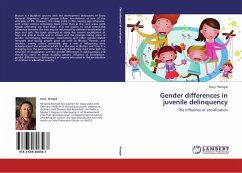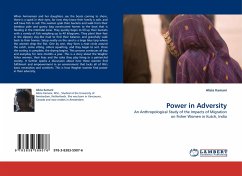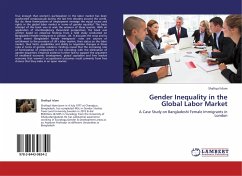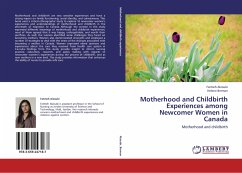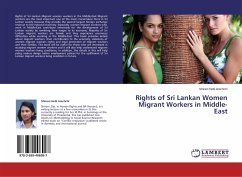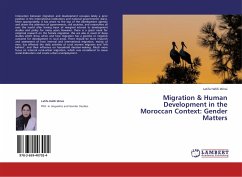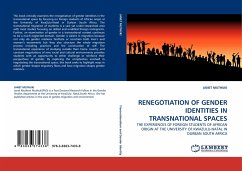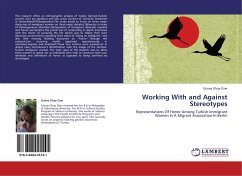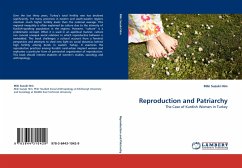
Reproduction and Patriarchy
The Case of Kurdish Women in Turkey
Versandkostenfrei!
Versandfertig in 6-10 Tagen
52,99 €
inkl. MwSt.

PAYBACK Punkte
26 °P sammeln!
Over the last thirty years, Turkey's total fertility rate has declined significantly. Yet many provinces in eastern and south-eastern regions maintain much higher fertility levels than the national average. This regional inequality is often explained by culture due to the intensity of Kurdish-speaking population in the regions. However, "culture" is a problematic concept. When it is used in an apolitical manner, culture can conceal unequal social relations in which reproductive behavior is embedded. This book challenges a cultural account from a feminist perspective and attempts to shed new li...
Over the last thirty years, Turkey's total fertility rate has declined significantly. Yet many provinces in eastern and south-eastern regions maintain much higher fertility levels than the national average. This regional inequality is often explained by culture due to the intensity of Kurdish-speaking population in the regions. However, "culture" is a problematic concept. When it is used in an apolitical manner, culture can conceal unequal social relations in which reproductive behavior is embedded. This book challenges a cultural account from a feminist perspective and attempts to shed new light on social dynamics behind high fertility among Kurds in eastern Turkey. It examines the reproductive practices among Kurdish rural-urban migrant women and explicates a particular form of patriarchal organization of reproduction. This book should interest students of women's studies, sociology and anthropology.




